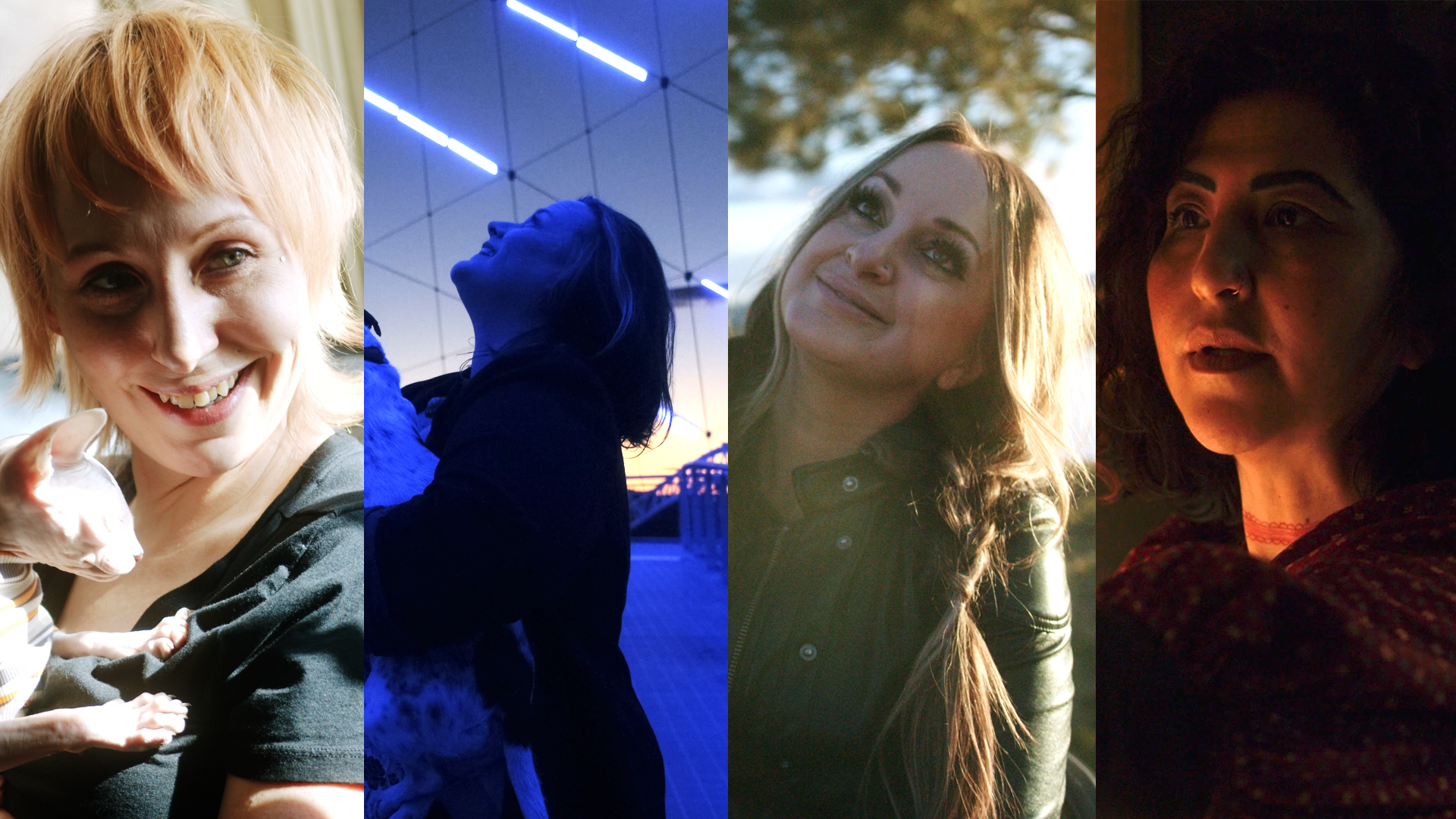
 awareness,
video,
healthcare
awareness,
video,
healthcare
Borrowed Bravery
A month before the start of the pandemic, Inland Imaging hired us to capture stories from breast cancer survivors for an awareness campaign. We were really excited and I felt deeply humbled on a personal level. Four incredibly strong women trusted that our client — and by extension, Treatment — possessed the right combination of capabilities to pull this off and make them feel comfortable along the way.
It’s a responsibility we take super seriously. Pointing a video camera at someone, especially when that someone is neither paid nor trained to be an actor, is like starting a relationship. If it's gonna work out, it takes trust, patience, and a willingness to take some risks.
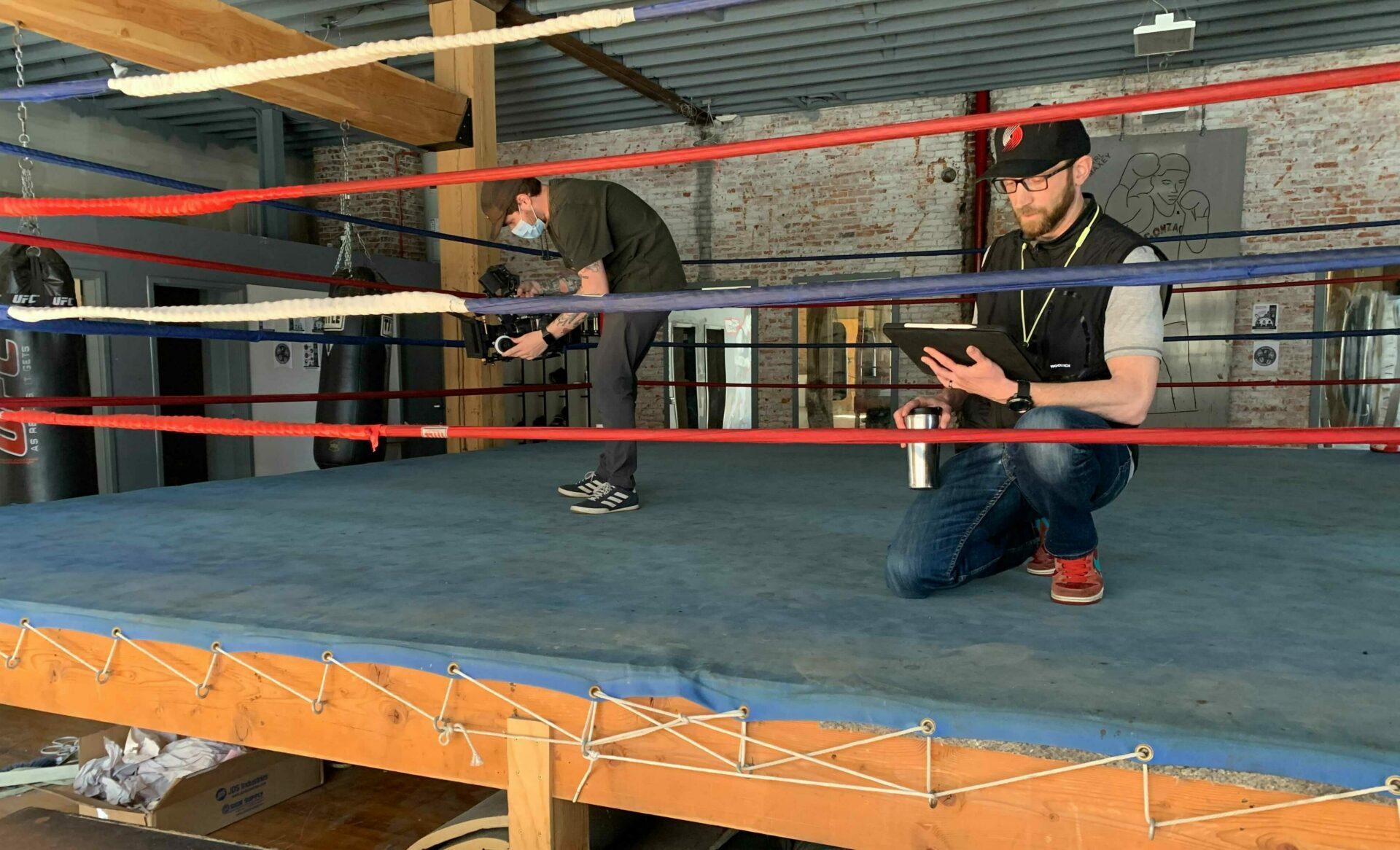
By March, we were under contract and knee deep in the creative process. I met with Don and Lorna Hamilton at their studio to explore an idea I had for an interview technique. But then, COVID happened, and with it, a very long wait.
Producing a video with high risk folks at the beginning of a pandemic was a risk we would never take, so the project went into hiatus. I now found myself with (way too much) time to reflect on the approach I would take with the campaign.
I didn't want to take for granted that I'm a 45 year-old dude who was getting ready to talk to women I’d never met before about their battles with breast cancer.
I was 12 when my mom was diagnosed with stage 4 colon cancer. She died a month before I turned 13. I was 32 when my dad was diagnosed with stage 4 lung cancer. He died on New Years Day in 2008. At some point, I assumed my history would come up in conversations with these women, but I had no plans of leading with it. This wasn't gonna be my story.
When the project resumed, however, I thought a lot about the way cancer has impacted my life and how that would affect my creativity and my conversations with Kristy, Erin, Susan, and Tammi. From the beginning of producing a video (again, like starting a relationship), it's helpful to find common ground or relatability for everybody involved. At the same time, I didn't want to take for granted that I'm a 45 year-old dude who was getting ready to talk to women I’d never met before about their battles with breast cancer. The balance would be delicate.
The first conversations, quick intros and fact gathering, took place over videoconferences, and they weren’t great, to be honest. I think it’s partially because Zoom calls suck and partially because I wasn’t being totally forthcoming about my own experiences with cancer, but I felt like an intrusive jerk.
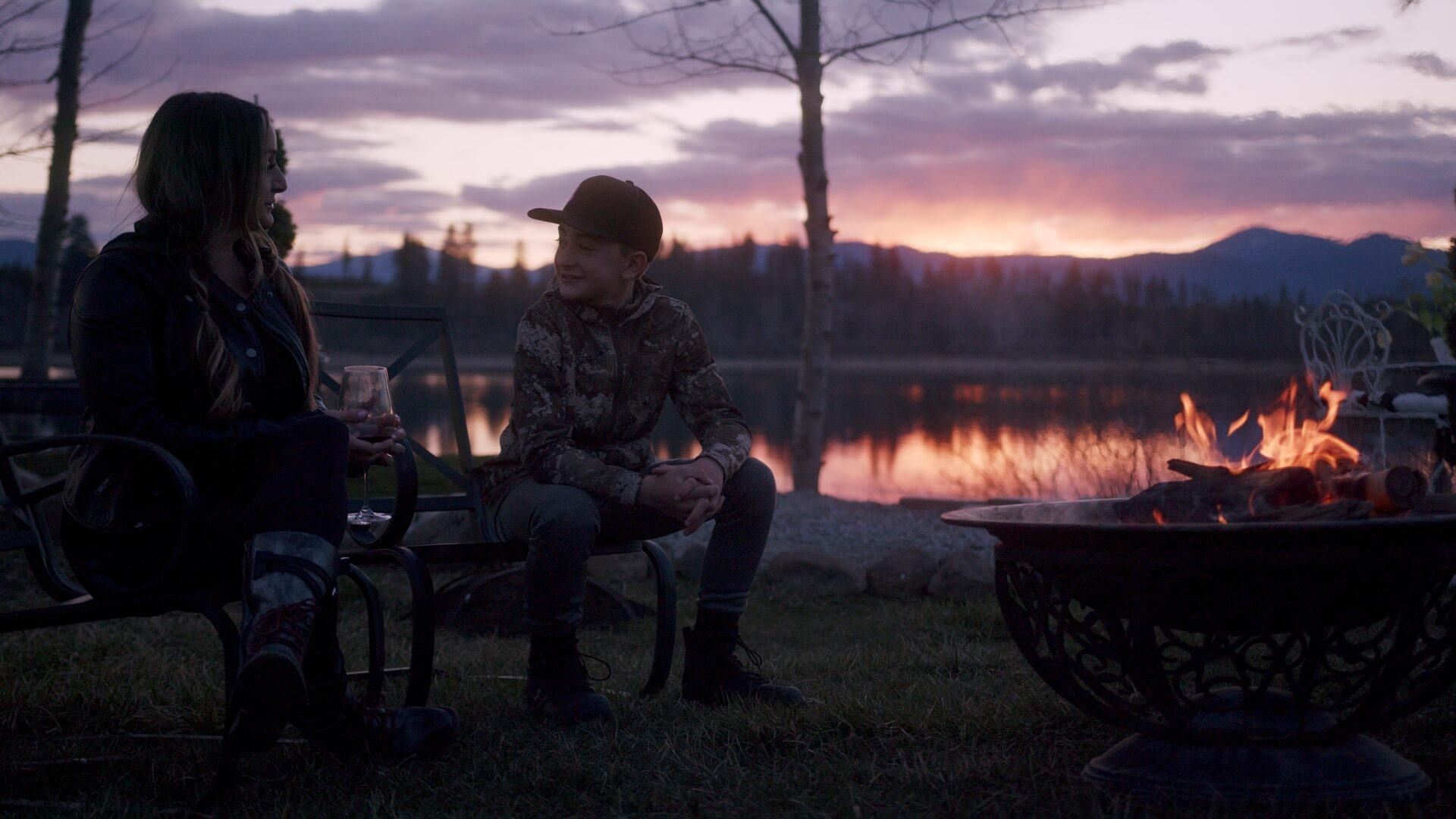
That dynamic changed during our third call, with Tammi, whose years-long battle with cancer resulted in more than 30 surgeries. She told us she has a 12 year old son. I shared with her that I was 12 when my mom died from cancer.
Tammi stopped talking mid-sentence and started to cry. Then I started to cry — something I would have never believed possible on a Zoom call. I immediately knew how important it was going to be for this project that I communicate to these women how much I care about this topic and how much I care about them.
For the remainder of the production, I kept that understanding at the surface of every conversation and allowed the relevance of my own cancer story to connect me to these women. Filmmaking is the furthest thing from a modest creative practice, so it’s often best to just get over ourselves, roll up our sleeves, and be willing to share some vulnerability with the people willing to step in front of our cameras.
The motivating force behind this campaign is awareness, and more importantly, connection. If anyone’s connection to the experiences of Kristy, Erin, Susan, or Tammi drives them to be proactive about early cancer detection, that’s even better.
It certainly did that for me.
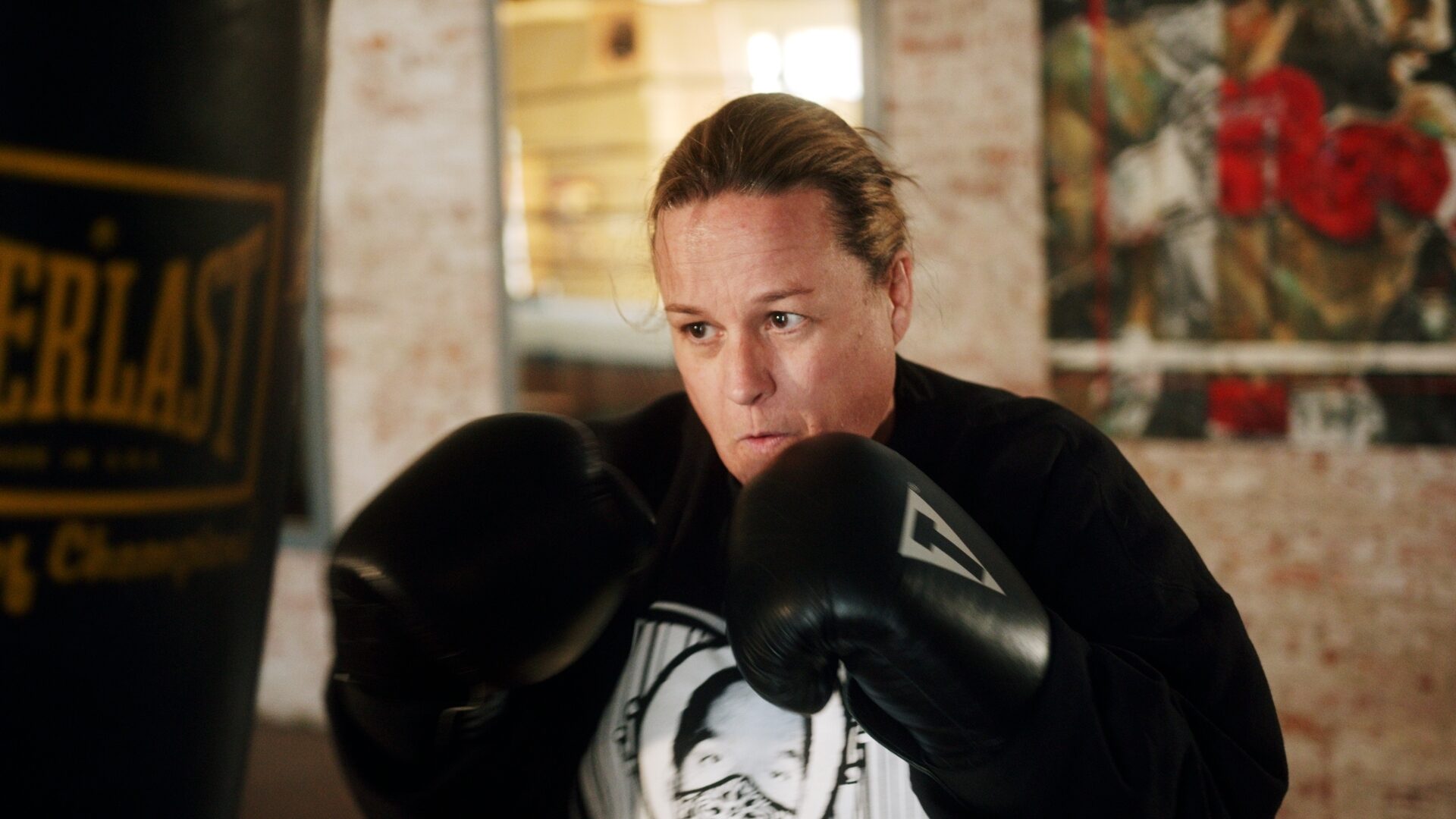
The week before we were scheduled to do interviews, I thought a lot about what these women went through. I also thought about my wife and our two daughters, ages 10 and 7. My mom died young from a cancer that’s linked to family history. What the hell was I waiting for? I scheduled a colonoscopy. A doctor first told me to get one more than 10 years ago.
Making that call to Spokane Digestive Health was in no small part due to how much admiration and love I have for these brave women. Their consistent, impassioned plea regarding early detection kept coming back to me. “Get checked.” And so I did. The prep isn’t fun, but it’s much more fun than having undiagnosed cancer. I’ve wondered and worried about colon cancer since I was 25, sometimes losing sleep over a stomach ache out of a fear that it’s a tumor. (Thanks, WebMD!)
The procedure itself was simple and over before it began. I got the all clear, no polyps and no tumors. Now I don’t have to get another one until I’m 50. The relief had me fist pumping like Judd Nelson’s character at the end of The Breakfast Club.
I didn’t think I was capable of being so extraordinarily inspired by people. Even my attitude about the much-feared colonoscopy prep was affected by thinking about these badass ladies. And to think I once worried about how they’d do in these videos.
Pfffft. They kicked cancer's ass. Our cameras ain't shit.
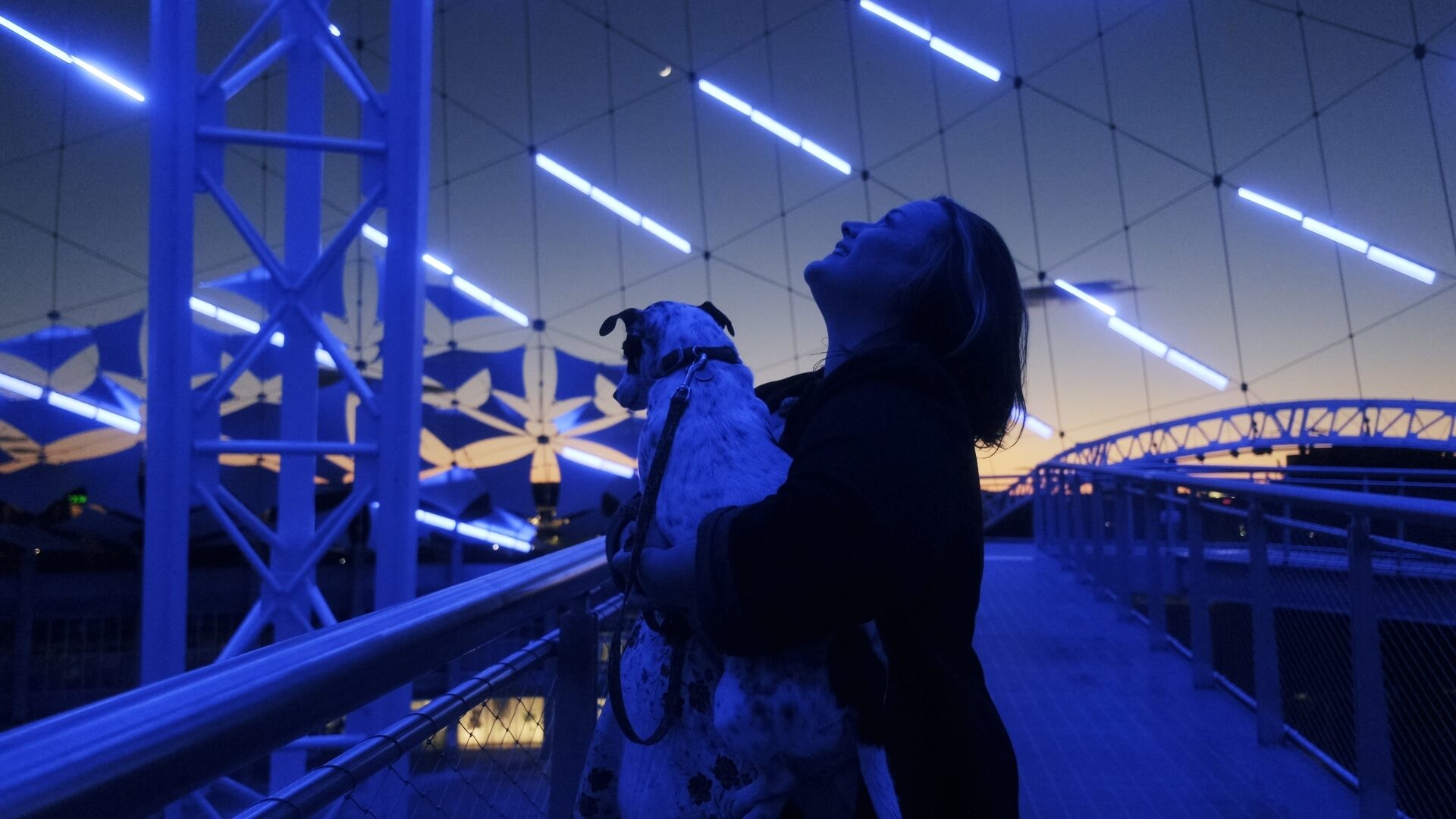
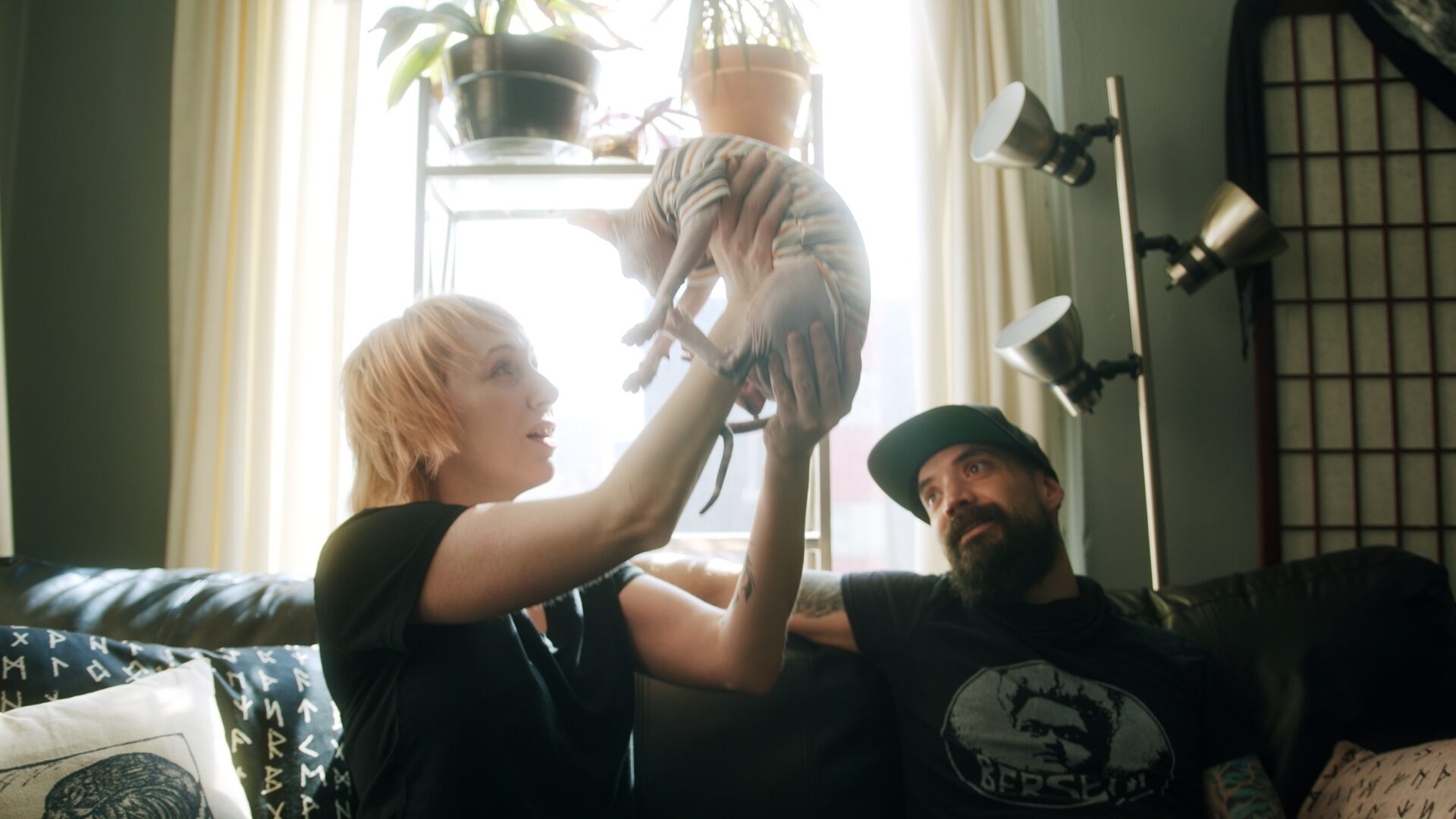
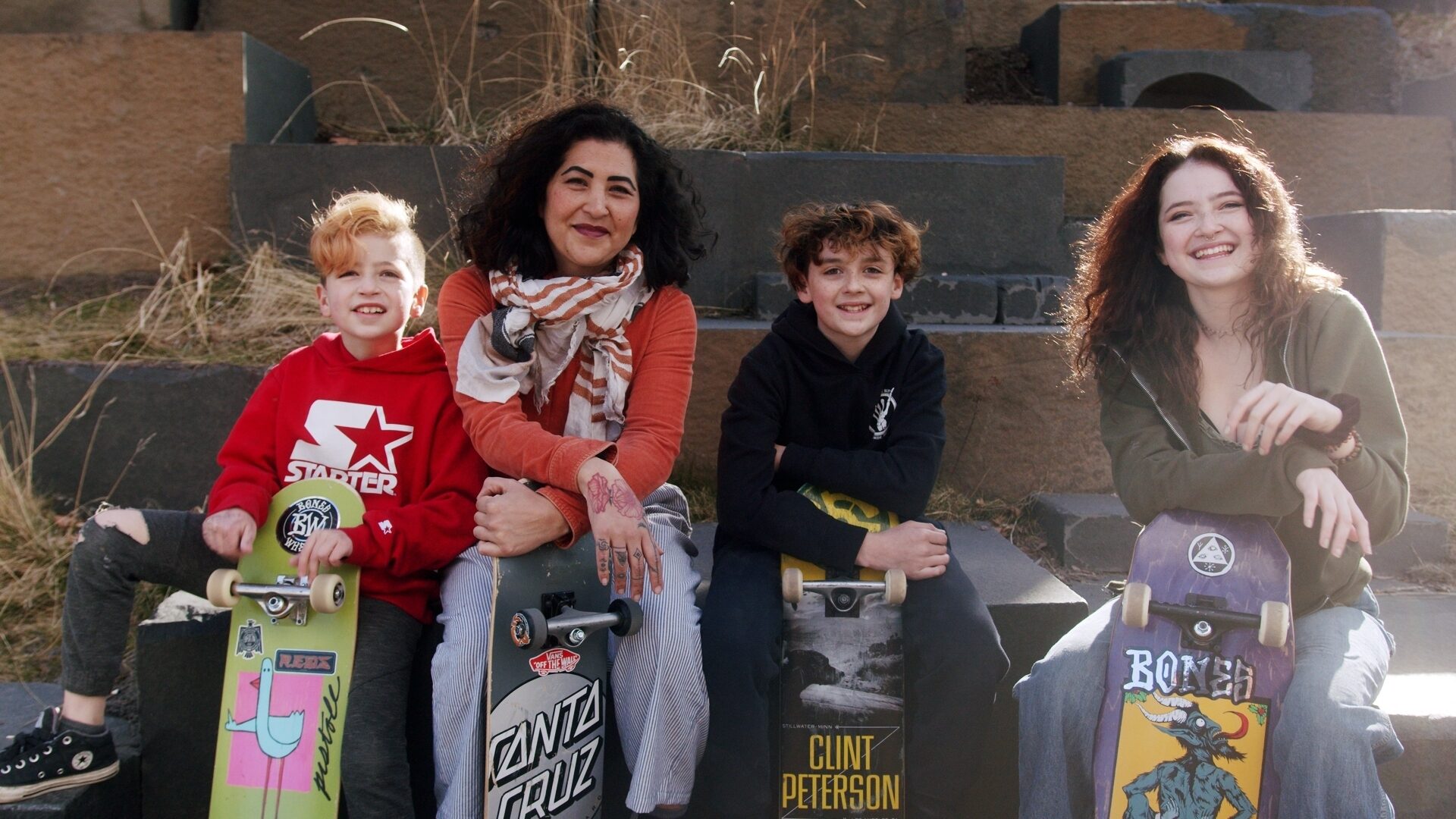
Check out the final videos here.